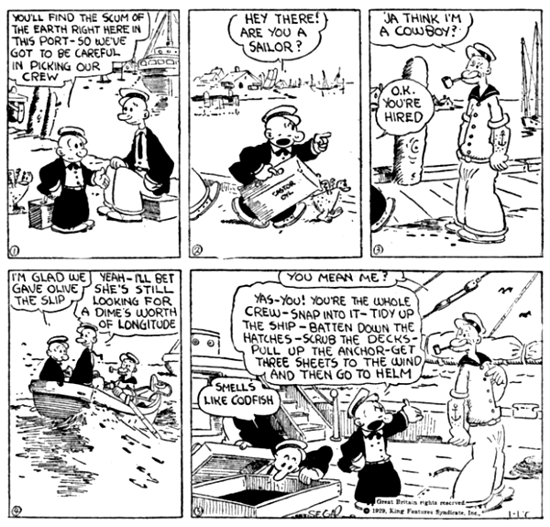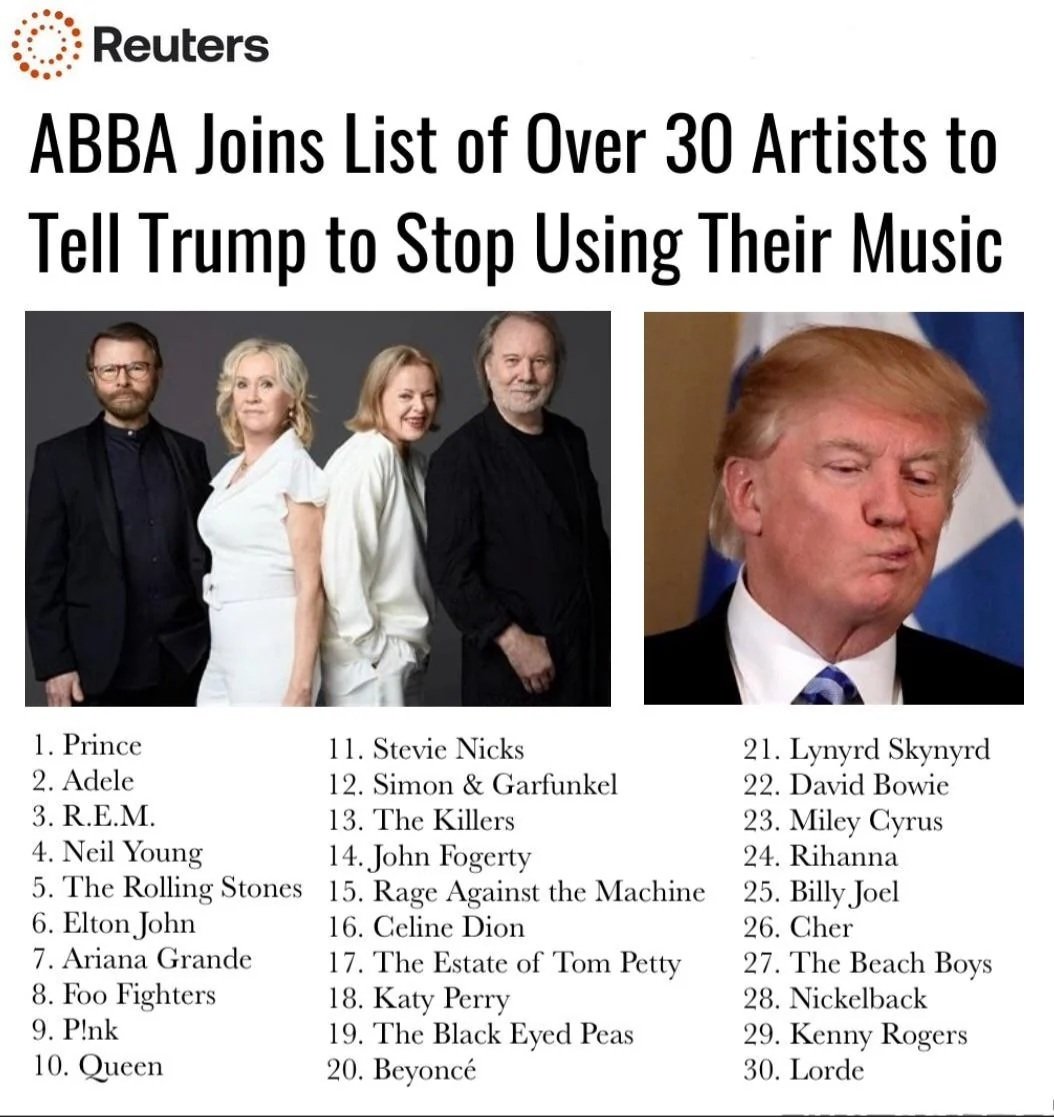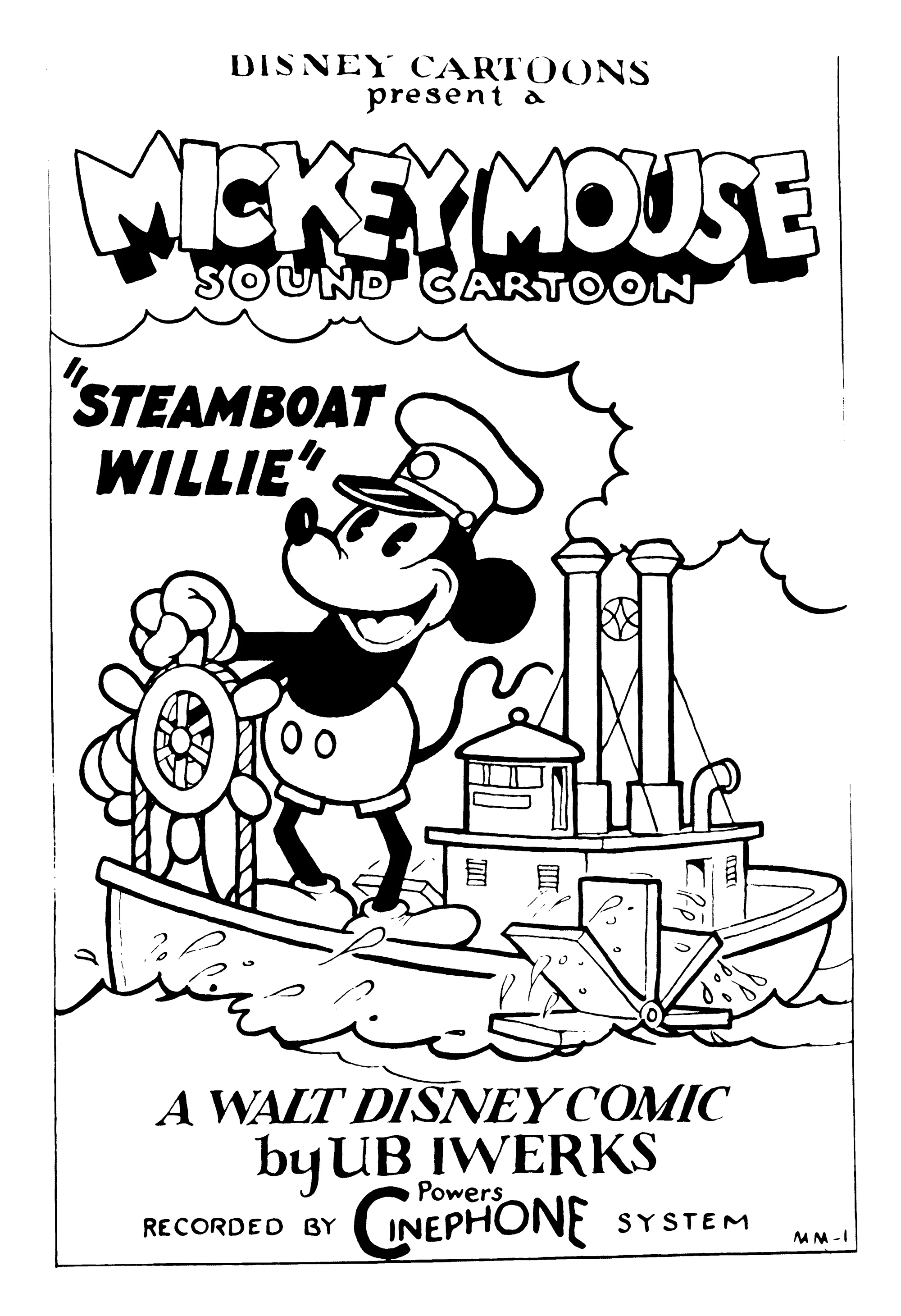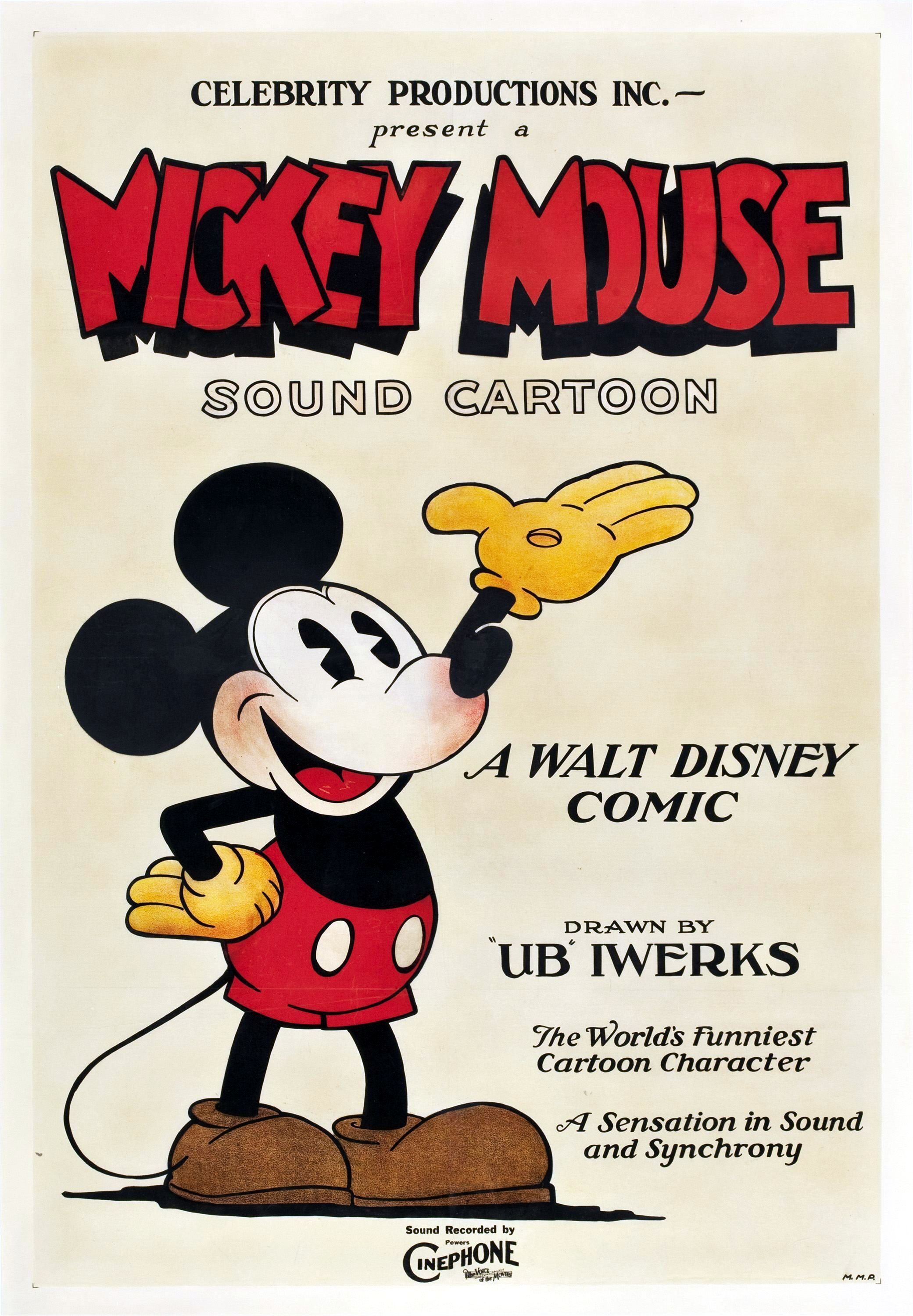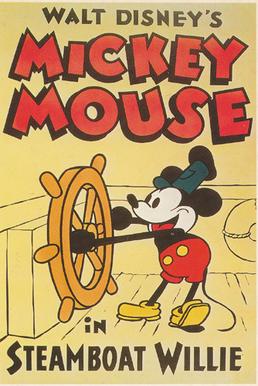Don't Let “Intellectual Property” Twist Your Ethos
by Richard Stallman
June 09, 2006
Most free software licenses are based on copyright law, and for good reason: Copyright law is much more uniform among countries than contract law, which is the other possible choice.
There's another reason not to use contract law: It would require every distributor to get a user's formal assent to the contract before providing a copy. To hand someone a CD without getting his signature first would be forbidden. What a pain in the neck!
It's true that in countries like China, where copyright law is generally not enforced, we may also have trouble enforcing free software license agreements, as Heather Meeker suggests in her recent LinuxInsider column, “Only in America? Copyright Law Key to Global Free Software Model.”
However, this is not a reason to press for more copyright enforcement in China. Although we would use it to protect people's freedom, we have to recognize that mostly it would be used by the likes of Microsoft, Disney and Sony to take it away.
Ironically, we might have more success enforcing copyright in China than Microsoft, Disney and Sony—because what we would want to do is easier.
Disney wishes to stamp out semi-underground organizations that sell exact copies. With free software, regardless of precisely which free license is used, that kind of copying is legal. What we want to prevent, when the free software license is the GNU GPL, is the release of proprietary software products based on our code. That kind of abuse is at its worst when carried out by large, well-known companies—and they are easier targets for enforcement. So GPL enforcement in China is not a lost cause, though it won't be easy.
No Chinese Laundry
Nonetheless, Meeker's claim that this leads to a global problem is simply absurd. You can't “launder” material copyrighted in the U.S. by moving it through China, as she ought to know.
If someone violates the GNU GPL by distributing a nonfree modified version of GCC in the U.S., it won't make any difference if it was obtained or modified in China. U.S. copyright law will be enforced just the same.
Although this error might seem to be the central point of Meeker's article, it is not. The real central point of the article is the perspective embodied in her use of the term “intellectual property.” She uses this term pervasively as though it refers to something coherent—something it makes sense to talk about and think about. If you believe that, you have accepted the article's hidden assumption.
Loose Language
Sometimes Meeker switches between “intellectual property” and “copyright” as if they were two names for the same thing. Sometimes she switches between “intellectual property” and “patents” as if they were two names for the same thing. Having studied those two laws, Meeker knows they are vastly different; all they have in common is an abstract sketch of their form.
Other “intellectual property” laws don't even share that much with them. The implication that you can treat them all as the same thing is fundamentally misleading.
Along with the term “intellectual property” goes a false understanding of what these laws are for. Meeker speaks of an “ethos” of “intellectual property” that exists in the U.S. because “intellectual property is in the Constitution.” That's the mother of all mistakes.
What is really in the U.S. Constitution? It doesn't mention “intellectual property,” and it says nothing at all about most of the laws that term is applied to. Only two of them—copyright law and patent law—are treated there.
What does the Constitution say about them? What is its ethos? It is nothing like the “intellectual property ethos” that Meeker imagines.
Failure to Execute
What the Constitution says is that copyright law and patent law are optional. They need not exist. It says that if they do exist, their purpose is to provide a public benefit—to promote progress by providing artificial incentives.
They are not rights that their holders are entitled to; they are artificial privileges that we might, or might not, want to hand out to encourage people to do what we find useful.
It's a wise policy. Too bad Congress—which has to carry it out on our behalf—takes its orders from Hollywood and Microsoft instead of from us.
If you appreciate the U.S. Constitution's wisdom, don't let “intellectual property” into your ethos; don't let the “intellectual property” meme infect your mind.
Practically speaking, copyright and patent and trademark law have only one thing in common: Each is legitimate only as far as it serves the public interest. Your interest in your freedom is a part of the public interest that must be served.
